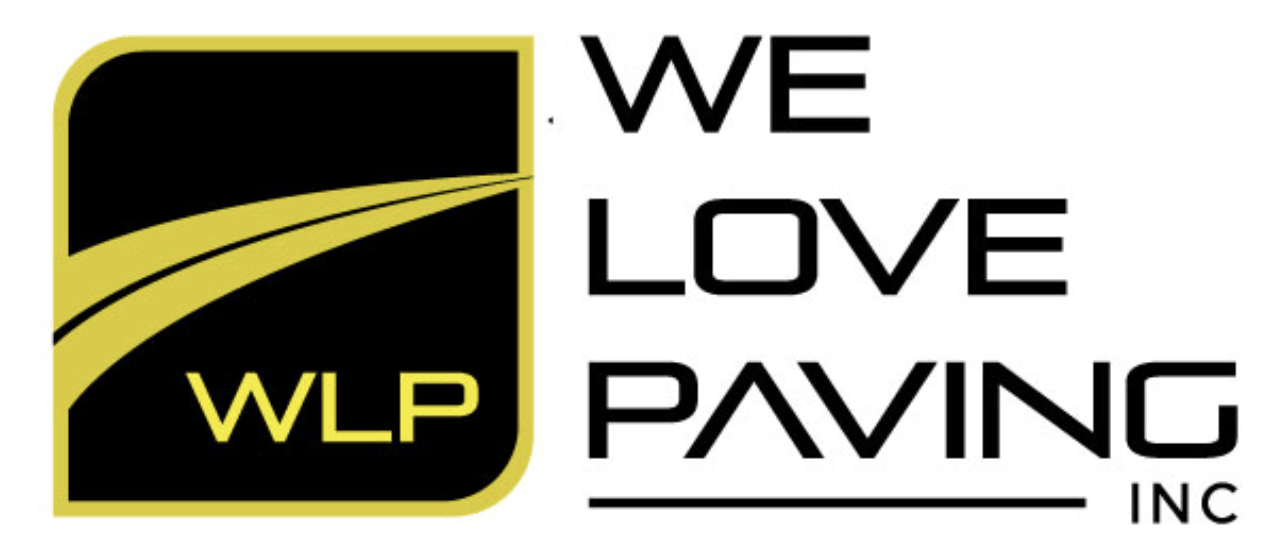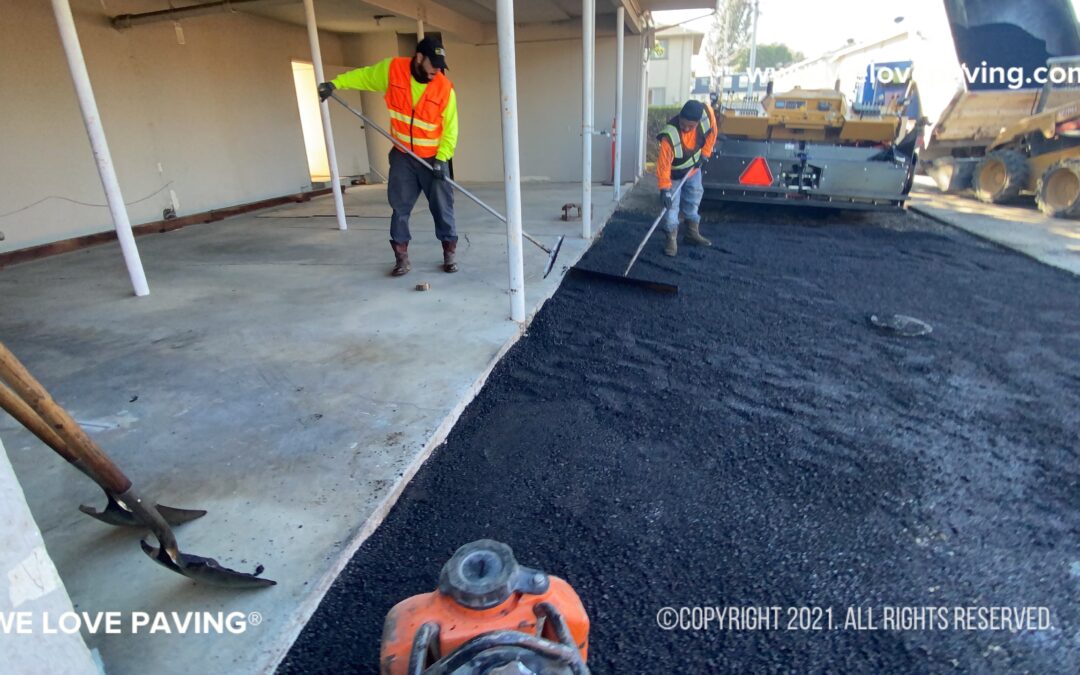Paving slabs, an essential component for landscaping and construction, have seen a significant price increase in San Jose, California. If you’re a homeowner or contractor, you’ve likely noticed the rising costs and wondered what’s behind this trend. Let’s explore the key factors contributing to the high prices of paving slabs in this region.
High Demand for Construction and Renovation
San Jose, the heart of Silicon Valley, is experiencing a construction boom. With a thriving tech industry and an influx of new residents, there’s a substantial demand for new housing, commercial spaces, and infrastructure improvements. Paving slabs are a staple in these projects, driving up the demand and, consequently, the prices.
Limited Local Supply
The production of paving slabs is limited within the region. Many of the materials have to be transported from other areas, adding transportation costs to the final price. The high cost of real estate in San Jose also means that local manufacturing facilities face higher operational costs, which are passed on to consumers.
Transportation and Logistics Costs
San Jose’s location in Northern California means that many construction materials, including paving slabs, have to be transported over long distances. The cost of fuel, labor, and logistics significantly impacts the price of these heavy and bulky items. Additionally, the stringent regulations and high standards for transportation in California further add to the costs.
Labor Costs
The cost of labor in San Jose is among the highest in the country. Skilled labor for manufacturing, transporting, and installing paving slabs demands premium wages. The high cost of living in the area necessitates higher salaries, which directly affects the cost of construction materials, including paving slabs.
Quality and Aesthetics
In a city known for its affluence and high standards, there is a strong preference for high-quality and aesthetically pleasing materials. Paving slabs come in various designs, finishes, and materials, and those that meet the premium standards demanded by San Jose’s residents and businesses naturally come at a higher price. The emphasis on sustainability and environmentally friendly materials also adds to the cost, as these options typically require more expensive manufacturing processes.
Regulations and Permitting
California is known for its strict building codes and environmental regulations. Manufacturers and suppliers of paving slabs must comply with these regulations, which often involve additional costs for testing, certification, and ensuring environmental standards are met. These regulatory costs are factored into the price of the slabs.
Market Dynamics and Competition
The competitive landscape in San Jose’s construction market also plays a role. With many projects underway and limited suppliers, the basic economic principle of supply and demand comes into play. When demand outstrips supply, prices naturally rise. Additionally, the presence of large-scale projects funded by tech giants can skew the market, driving prices higher as suppliers prioritize larger, more lucrative contracts.
Conclusion
The high cost of paving slabs in San Jose is a multifaceted issue influenced by local demand, supply chain logistics, labor costs, regulatory factors, and market dynamics. For homeowners and businesses, understanding these factors can help in making informed decisions and exploring potential cost-saving measures, such as sourcing alternative materials, considering recycled options, or planning projects during off-peak seasons.
While the prices may seem steep, they reflect the economic realities of a booming region like San Jose, where the intersection of high demand and premium standards sets the stage for a vibrant, albeit costly, construction market.


